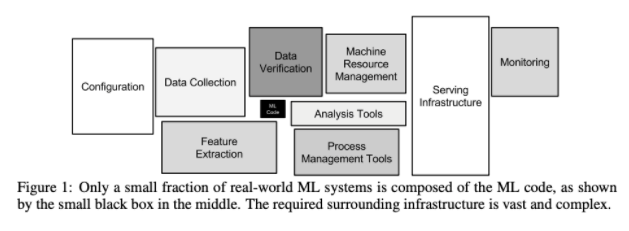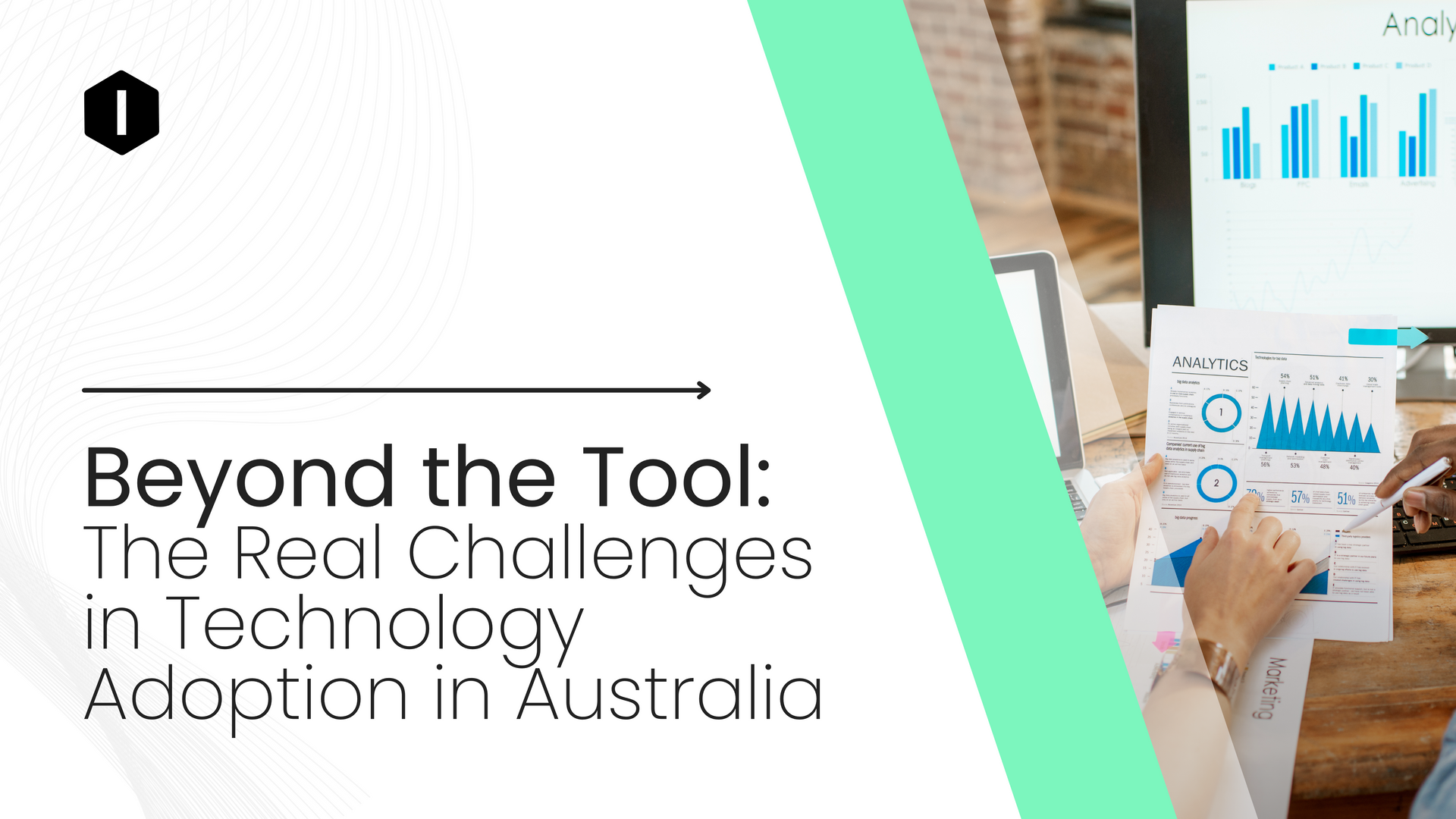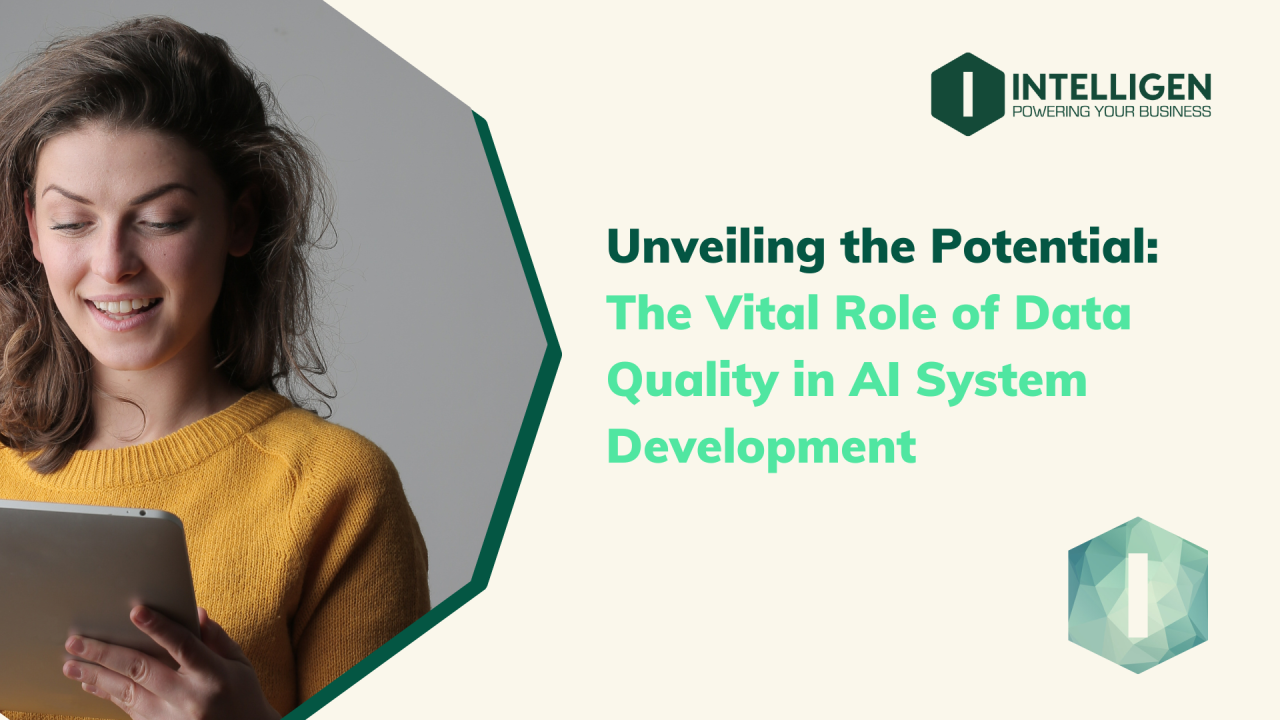Ever since the title of data scientist was crowned the Sexiest Job of The Century by the Harvard Business Review, there has been a surge in the demand for data scientists. Often, the advertised job description of a data scientist seemlngly everything under the sun from engineering, to people management, to data cleaning using a combination of 10 different coding languages.
There is no surprise that many data science aspirants don’t know what the actual job entails. So let us explain… In simple terms, a data scientist solves business problems using data. This involves using a combination of computer science, statistics and machine learning.
Based on what you've seen in the media, you might already have some assumptions about being a data scientist. Let's talk about five of these assumptions and what the reality is actually like.
You always work with models
The most common assumption about data scientists is that they primarily work on models. This couldn't be further away from the truth. Only 10-20% of a data scientist's time goes into building and running models. The rest of the time is spent building systems around the model and in stakeholder management, depending on how technical your role is.
The technical work in data science is beautifully summarised by figure 1 from the Hidden Technical Debt in Machine Learning Systems.

As a data scientist, a big part of your job is to formulate a data driven approach to solve business problems using the simplest way possible. Models are only to be used when there is a proven use case which warrants it. Even then, with the plethora of python machine learning libraries, using off-the-shelf models is now increasingly accessible, thereby reducing the time taken in model implementation. A large part of the subsequent effort is spent in building scalable systems.
You will have clearly defined problems to solve
As a data scientist, you will rarely have a clearly defined problem to solve from the get-go. Part of your job is to look for opportunities to solve ambiguous problems with a data-driven solution. This is what makes the job so rewarding – no two days are alike. Naturally, the job requires you to be a self-starter and autonomous. While your manager is there to guide you, it is up to you to complete tasks based on your own curiosity-driven approach.
You need to know a lot of maths
Judging by the intense focus on maths and algorithms, you would think that you need a lot of maths in order to succeed as a data scientist. Whilst you do need a working understanding of the basics of statistics, vectors and linear algebra, by no means do you have to be a mathematician. Many companies are so early in their data science journey that even high school maths would be enough to know your way around.
As a data scientist in the commercial industry, you will not be using very complicated maths on a daily basis. A solid understanding of hypothesis testing, data distributions and linear algebra would be enough to get your foot in the door. The rest you can learn as needed on the job.
You are always coding at your desk
The typical image of anyone working in tech is coding all day in front of a computer screen. It is true to a certain extent for tech professions like software engineering. But as a data scientist, you will be working with a diverse team of other data scientists, machine learning engineers, software engineers, product managers and other internal/external stakeholders. You can think of data scientists as the bridge between the business world and the technical world. For this, one of the primary skills required is communication skills. Data science is always done business first rather than product first, meaning you start off with a business problem and try to formulate a data-driven solution.
You need a PhD to be a data scientist
A common misconception is that you need a PhD to be a data scientist. If your goal is to be a research data scientist at a university or a research company like DeepMind, then you definitely need a PhD. However the majority of roles in the industry don't require you to have a PhD. In a survey done by the National Skills Commission, 40% of data scientists have a PhD. The remaining 60% have either a Bachelors or Masters degree. In the data science landscape, real world experience is highly valued. Once you have your foot in the door, the best strategy to level up is to seek roles that maximise your growth opportunities and teach you a diverse set of skills. Being an effective data scientist requires just as many soft skills like writing, speaking and storytelling as tech skills like coding, machine learning and statistics.
Written by Intelligen consultant & Data Scientist, Samanvay Karambe
Tag :- Data Science, Data
These Posts are Suggested For You






